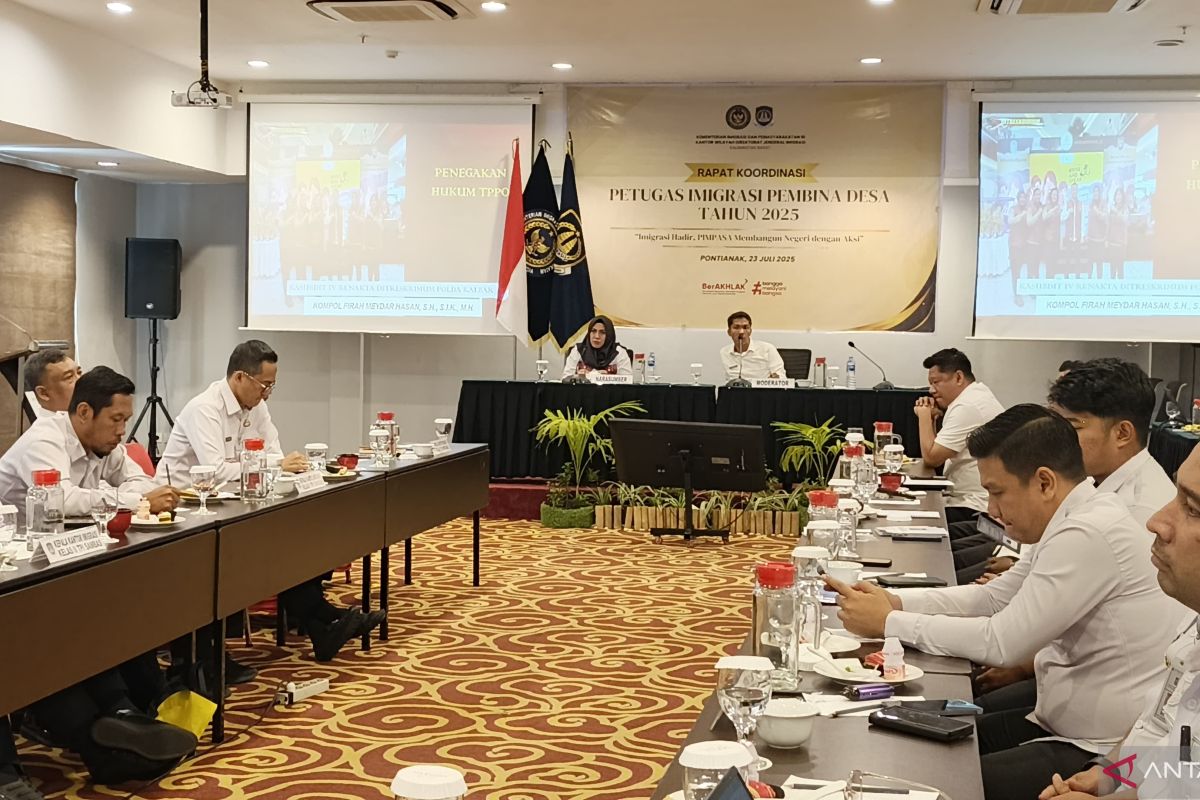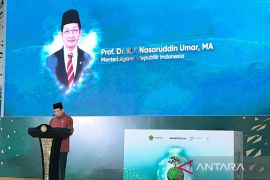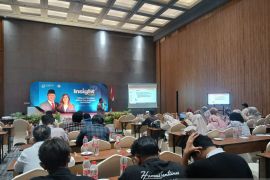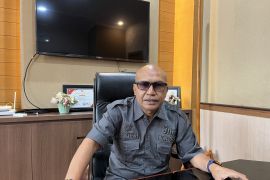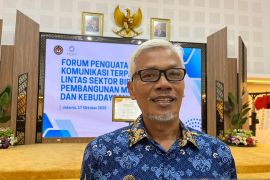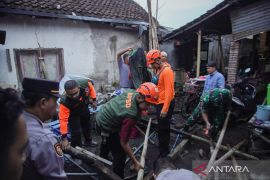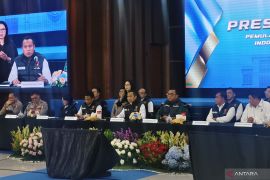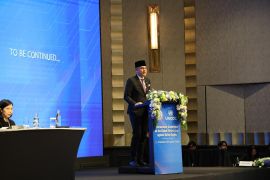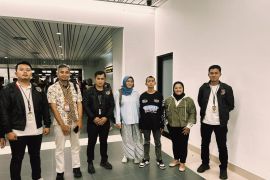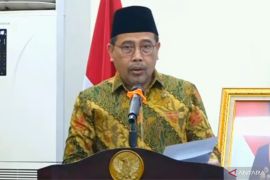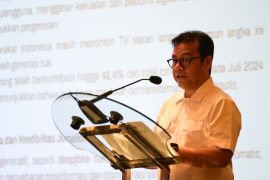“This program is one of the educational strategies initiated by the Directorate General of Immigration to raise public awareness about immigration laws and the risks of human trafficking,” head of the regional office, Haryono Agus Setiawan, said in Pontianak on Wednesday.
He informed that his office has coordinated with various stakeholders to ensure the program’s sustainability and effectiveness.
“Immigration Villages are a key strategic policy aimed at educating and preventing local communities from falling victim to human trafficking, particularly in cases involving undocumented Indonesian migrant workers,” he said.
He emphasized that under the initiative, immigration officers actively conduct outreach and share information with villagers about the importance of following proper procedures when traveling abroad, including gathering complete documentation and understanding the dangers of trafficking syndicates.
“Many people are lured by job offers overseas without fully grasping the risks. They’re promised jobs at restaurants or similar places, but the reality is often very different. That’s why we’re here -- to provide them with the knowledge not to be easily deceived,” he said.
Currently, there are 21 Immigration Villages across West Kalimantan, which are overseen by seven immigration offices and one immigration detention center. Each office supervises two to three villages.
In addition to public education, the program also involves collaboration with law enforcement agencies, sub-district heads, and local village authorities to foster collective understanding of legal matters.
“Our main goal is prevention. We don’t work alone. The involvement of communities, including village administrations and law enforcement, is essential to ensure that the information we provide reaches everyone,” Haryono said.
He added that his office is also collaborating with the West Kalimantan Indonesian Migrant Worker Protection Agency (BP3MI), which runs a similar initiative called Desa Emas (Golden Village).
“We will work together with BP3MI. Immigration will focus on immigration procedures, while BP3MI will train and equip prospective migrant workers with the necessary skills before they leave the country,” he explained.
Through this institutional synergy, it is hoped that residents of West Kalimantan, particularly in rural areas, will better understand the importance of safe, legal, and dignified migration, and avoid falling into harmful illegal practices, he said.
Related news: Two Chinese, one Pakistani in South Sulawesi violate immigration rules
Related news: Wira Waspada raids turn up 294 immigration violations
Related news: Twenty-one Chinese workers detained for alleged immigration violations
Translator: Primayanti
Editor: Azis Kurmala
Copyright © ANTARA 2025
